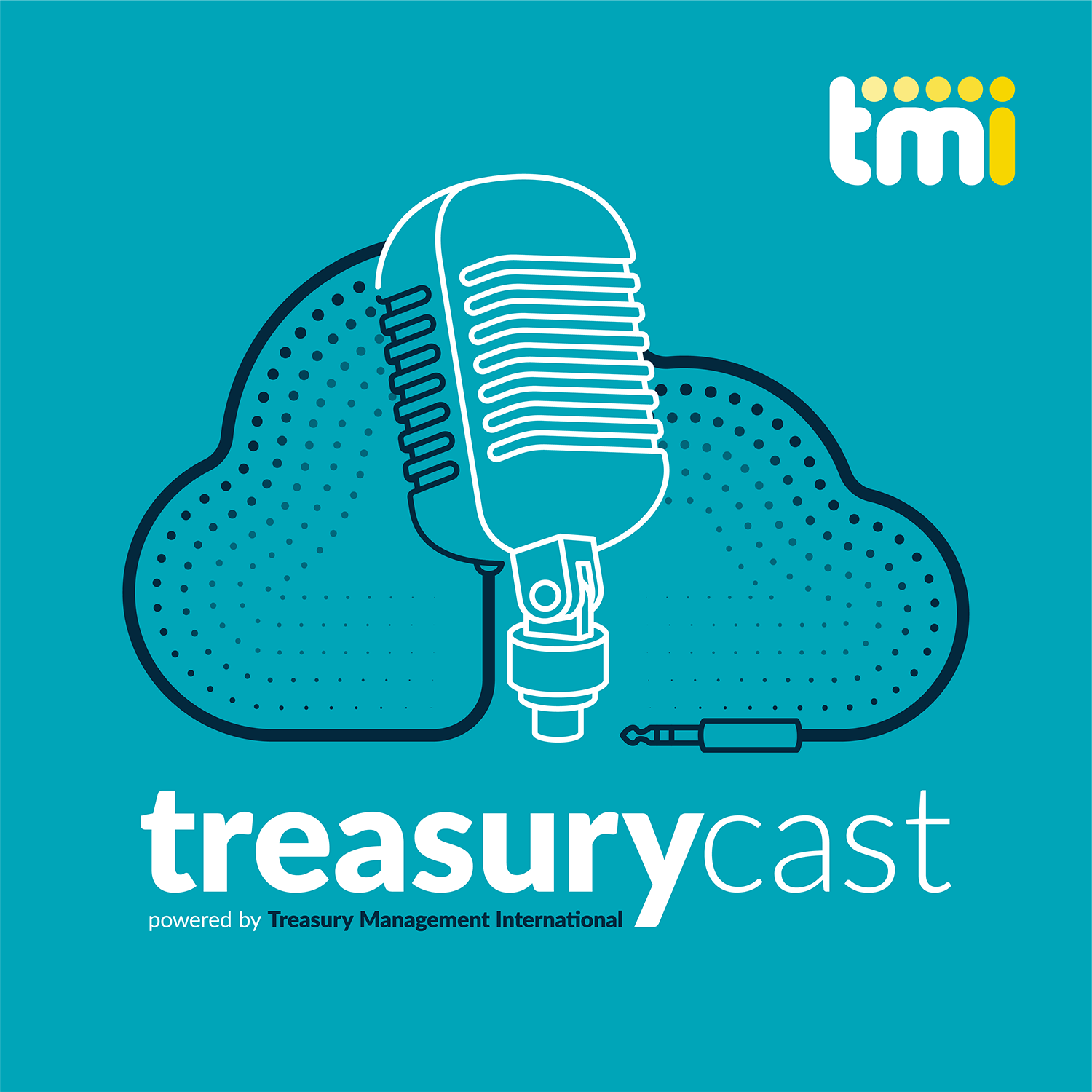London, UK – Increased adoption of environmental, social and governance (ESG)-oriented investment strategies among global investment managers could gradually increase funding costs for certain corporate sectors, Fitch Ratings says. It could also put pressure on companies to improve disclosures, and increase the likelihood that ESG-related shareholder motions are passed.
BlackRock recently announced that it would place increased focus on sustainability, and complete the roll-out of ESG integration across all of its actively managed funds by end-2020. If ESG integration becomes prevalent among investment managers, particularly for their fixed-income offerings, certain sectors could face higher funding costs and, in the long term, reduced funding availability.
On its own, an increase in funding costs is unlikely to be large enough to affect corporate ratings, particularly while corporates’ interest-coverage ratios remain strong for their ratings, helped by low interest rates. Restricted access to funding would be a bigger threat, potentially creating refinancing risks and pressuring ratings. However any impact would depend on many factors, including the timeframe involved and companies’ strategic decisions in response to the focus on ESG.
BlackRock has joined Climate Action 100+, which calls for companies to improve climate disclosure and align their business strategies with the goals of the Paris Agreement. Fitch expects corporates will increasingly align their strategies with such goals as shareholders become more ESG-oriented.
Many global investment managers have brought some ESG analysis into their investment processes in response to investor demand. BlackRock estimates that AUM invested in sustainable funds will increase to over USD2 trillion by 2028. A recent estimate by Morningstar suggested sustainable fund AUM exceeded USD1 trillion at end-2019.
BlackRock is a significant addition to this group of investment managers by virtue of its scale (AUM USD6.96 trillion at end-September 2019), although only USD1.8 trillion of its public equity and debt AUM is actively managed and therefore subject to the expanded ESG overlay. If other major investment managers adopt a similar approach, significant AUM could become more explicitly ESG-sensitive.
The effect of increased ESG focus from investors and investment managers would not be evenly felt across sectors typically associated with unfavourable ESG attributes. Investment manager-specific criteria might lead some managers to retain exposure to an issuer, while others might avoid the issuer altogether. Teekay Shuttle Tankers’ green bond (BBB-) issued in October 2019 is a case in point. Some investors considered the bond “greenwashed” (with unsubstantiated environmental friendliness) and avoided investing, whereas others considered it an eligible investment. Investment approaches to ESG will evolve as sustainable finance matures, and as new products such as transition bonds are developed to help more pollutive sectors transition to a lower-carbon economy. The development and adoption of ESG-focused bond indices could also be a significant factor in determining how various sectors and issuers are affected.
Some investment managers have already exited, or plan to exit, certain sub-sectors. BlackRock says it will exit the thermal coal production sector by mid-2020, while BNP Paribas Asset Management exited the tobacco sector in November 2017 and Pimco excludes the weapons, tobacco, pornography and coal sectors.
Funding risks for issuers will depend on the magnitude and timing of capital re-allocation. Re-allocation to date is limited, with just under USD1 trillion of AUM in ESG-listed funds compared with over USD50 trillion in total global mutual funds. Growth in ESG-listed funds is becoming more significant but we do not expect abrupt shifts as managers will want to avoid the large valuation or tax effects that these could cause.





